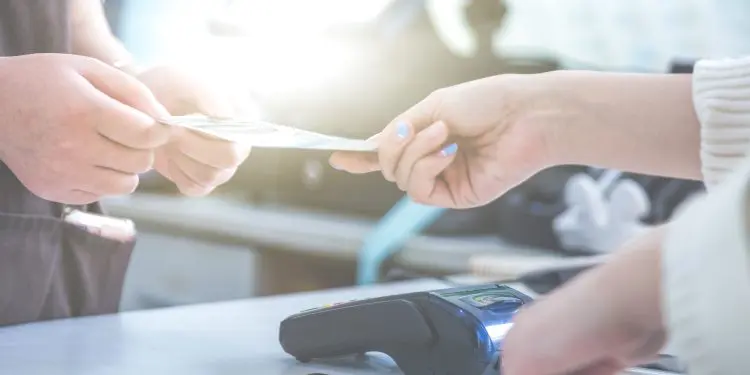
The Pennsylvania House of Representatives is considering a bill that would eliminate interchange fees for credit and debit cards on sales taxes. This measure is similar to one passed in Illinois several weeks ago, but with a new solution for handling the missing swipe fees. While exempting taxes from swipe fees may be a noble goal, the solution proffered by Pennsylvania lawmakers does not appear to be practical.
Illinois’ approach to this problem was to propose that customers swipe twice—once for the base cost of the goods and once for taxes and tips. This method would avoid interchange fees on taxes, though not a very user-friendly solution. The law goes into effect in July 2025, giving the state a full year to resolve these issues.
In Pennsylvania, meanwhile, the plan is for credit card companies to refund merchants the portion of the fee incurred by the sales tax.
“This proposal only makes sense to folks who don’t know how the industry operates,” said Don Apgar, Director of the Merchants Payment Practice at Javelin Strategy & Research. “When you make a card purchase—any card at any merchant—the merchant only sends the total billable amount for authorization and settlement to the cardholder’s bill. Processors don’t get the tax amount broken out as part of the sale, so they currently have no way to calculate the refund due to the merchant for the tax portion of the sale.”
Further Complications
Another problem is that sales tax varies by county, which is not likely to be part of any processor’s merchant address database. Maintaining an updated sales tax database and handling periodic merchant refund processes would be a huge lift for processors.
There’s also the question of how much impact this would have on consumers. A spokesperson for community banks and credit unions told Spotlight PA that the state currently receives around $6 billion in swipe fee revenue annually. Eliminating the fee on sales tax would cut about $400 million of that revenue annually, or about 0.1% of total credit card purchase revenue.
The bill would still need to pass Pennsylvania’s Senate in order to become law. Speculation is that the Republican-controlled Senate is unlikely to pass the bill, even if the measure passes the Democratic-controlled House.